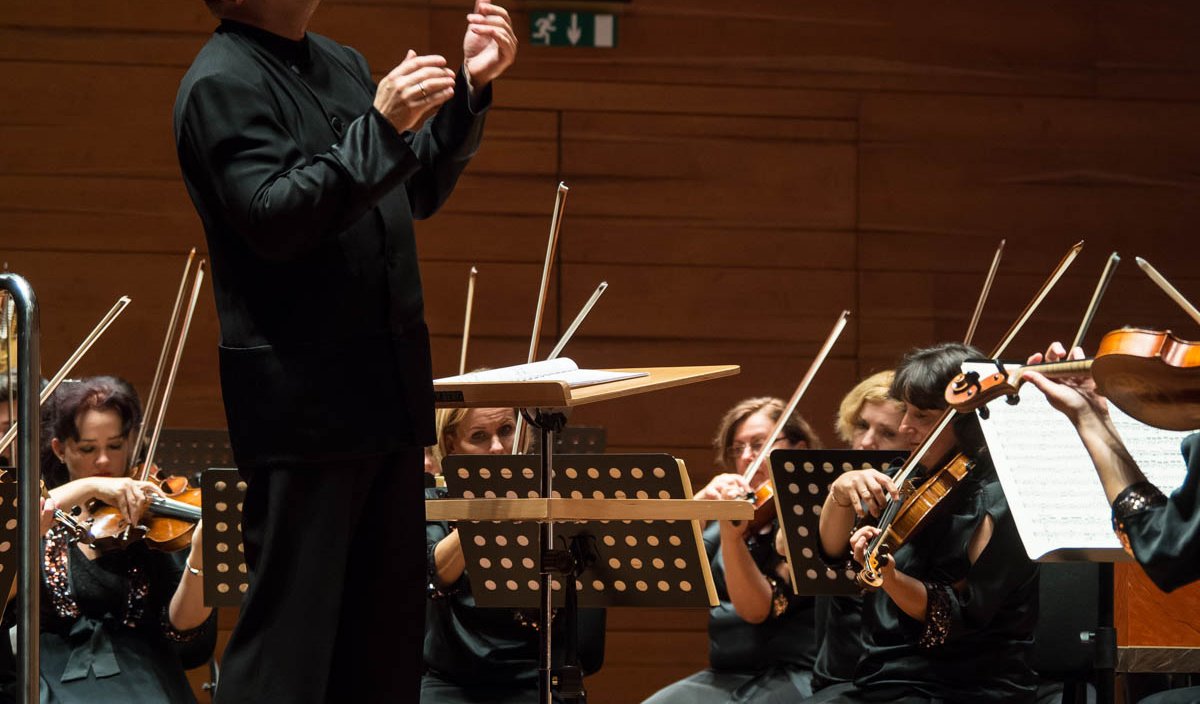
Program
Hector Berlioz (→ bio):
Harold in Italy– Symphony in Four Parts with Viola Obbligato, Op. 16, H. 68
I. Harold in the Mountains. Adagio – Allegro
II. March of the Pilgrims. Allegretto
III. Serenade. Allegro – Allegretto
IV. Orgy of the Brigands. Allegro frenetico
About the event
Any list of those earlier musicians who greatly inspired the Romantics has to include Paganini. If Beethoven influenced the way composers thought, Paganini proved inspiring in the areas of how instruments were handled and the virtuosity cult of the Romantic era. Liszt's piano playing followed the example of Paganini's violin bravura, while it was at the urging of Paganini himself that Berlioz began work in 1834 on one of his most wonderful works: the symphony Harold en Italie. Müpa Budapest and the Budapest Festival Orchestra's Liszt–Berlioz Marathon offers a chance to encounter this work.
Berlioz and Paganini first met in 1833, at a concert of the French composer's works. The "devil's violinist" had nothing to play on his marvellous Stradivarius viola, so he asked Berlioz to write him a concerto. Work on the piece commenced, but the results proved a disappointment for Paganini: while he wanted to play continuously and virtuosically, Berlioz's work treated the viola and the orchestra as equal partners.
The piece was inspired by Lord Byron's poem Childe Harold's Pilgrimage. The viola can be regarded as the embodiment of a lonely hero cast out of society; its melancholy and pensive solos are his monologues. Like in the Symphonie fantastique, the listener's imagination is guided through the piece by programme titles: Harold in the Mountains, March of the Pilgrims, Serenade, At the Orgy of the Brigands. In addition to its unique interpretation of genre – as a work that is simultaneously a concerto and a symphony – Harold en Italie's two great virtues are its amazingly richly colourful painting of nature and its profound depiction of a soul.
With more than 200 years of history behind it, the Pannon Philharmonic is one of Hungary's versatile and exacting orchestras. András Vass has served as its permanent conductor since 2009. The world-famous Máté Szűcs served as the Berlin Philharmonic's principal violist between 2011 and 2018, when he joined the faculty of the Geneva University of Music as a professor.
The Liszt–Berlioz Marathon is a joint event co-organised by the Budapest Festival Orchestra and Müpa Budapest.